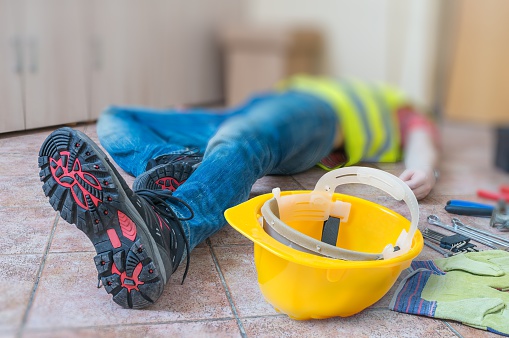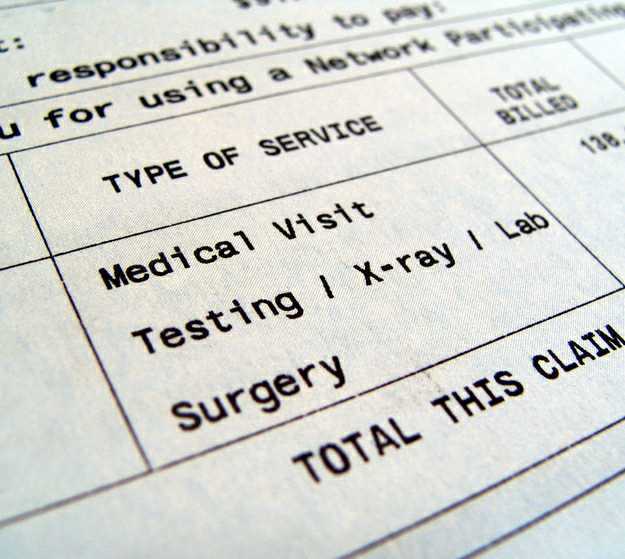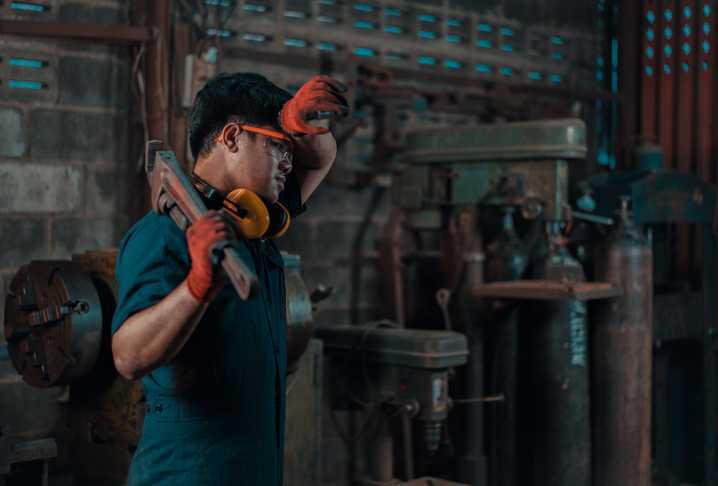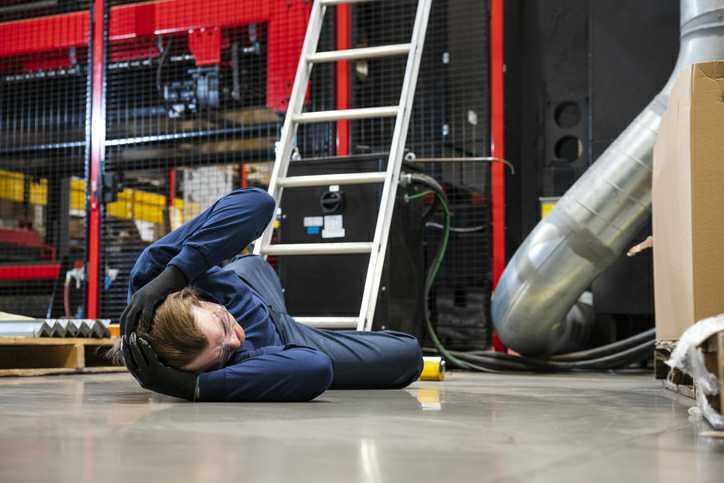What to do after a workplace accident amputation?
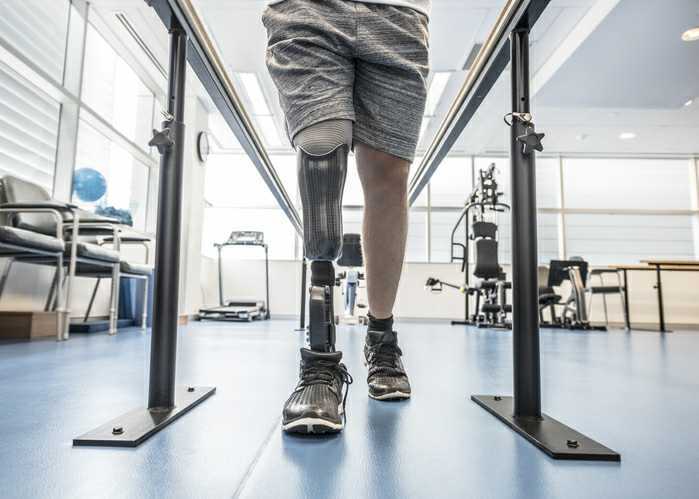
It’s difficult to imagine any other workplace accident more serious than an amputation. Losing an arm, leg, foot, finger or any other body part can be emotionally devastating and have a significant financial impact.
Unfortunately, amputation accidents on the job happen all too often. According to the Occupational Safety and Health Administration (OSHA), these accidents are widespread and involve a variety of activities and equipment.
What types of workplace equipment are dangerous?
Machines associated with amputation accidents include, but are not limited to, the following:
- Food slicers
- Meat grinders
- Printing presses
- Drill presses
- Milling machines
- Power presses
- Slitters
Accidents typically happen when workers don’t have enough safeguards against injury. Workers can get harmed while operating a machine or while setting up or breaking down and cleaning equipment. Amputation accidents occur in in a variety of industries, but are common at construction sites or at factories. Some amputation accidents occur in kitchens at restaurants or even on the road when workers are in car or truck accidents.
How can employers keep workers safe from amputations?
Businesses have a responsibility to keep workers safe from amputation accidents and other injuries. To prevent accidents, employers should ensure an employee is properly trained before using a machine. Machines should be safeguarded. For example, a physical barrier, such as a guard, should be used with a hazardous machine. The guard should be strong and secure. A device that can interrupt the normal operation of a machine can be used to prevent contact with a hazard.
What are your rights as a worker?
If you work with a machine, your employer must ensure the conditions do not put you at risk of injury. You have a right to obtain information and receive training about workplace hazards. You also have a right to review records of work-related injuries and illnesses.
If you notice a serious hazard or your employer is not following the rules, you have a right to file a complaint with OSHA requesting an inspection without retaliation.
How a workers’ compensation attorney can help
Accidents around machinery happen quickly, but the impact can last a lifetime. You may need a prosthetic limb. You may need to use a wheelchair or a cane or crutches to get around. You may be unable to work, or may be limited in what you can do to earn a living. An amputation also can impact your enjoyment of hobbies.
After an on-the-job accident, you have a right to file workers’ compensation claim in Providence, RI, or Fall River and Foxborough, MA. Workers compensation is a no-fault system, so you have a right to benefits regardless of who was at fault. Your employer is required to carry insurance.
An experienced attorney can help make sure you get the compensation and benefits you need for your accident. In some cases, a third party (someone other than your employer) might be responsible. If that is the case, you may have grounds to file a personal injury lawsuit in addition to the workers’ comp claim.
Contact the Law Offices of Deborah G. Kohl for a free consultation. Our firm can fight for you while you focus on your recovery.

